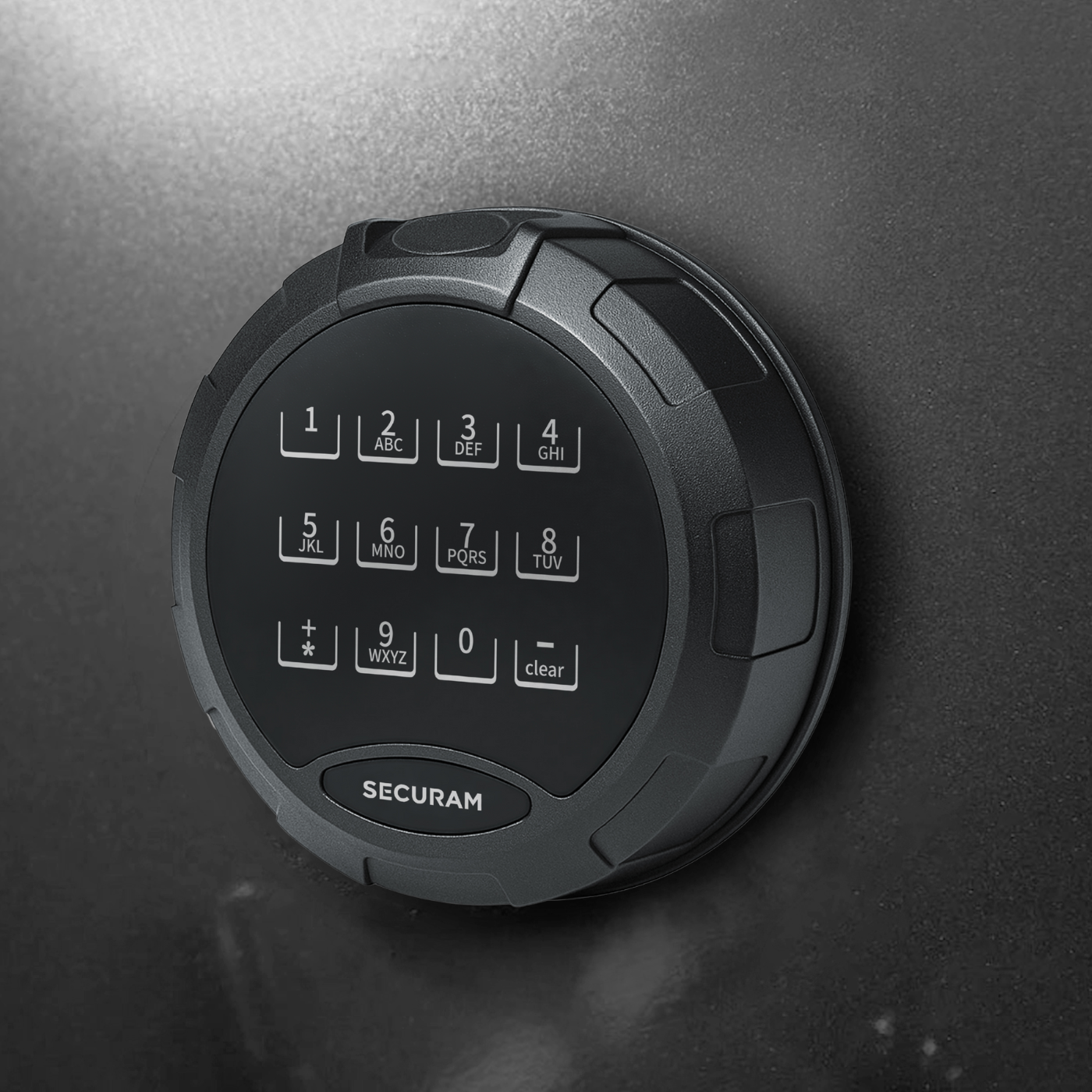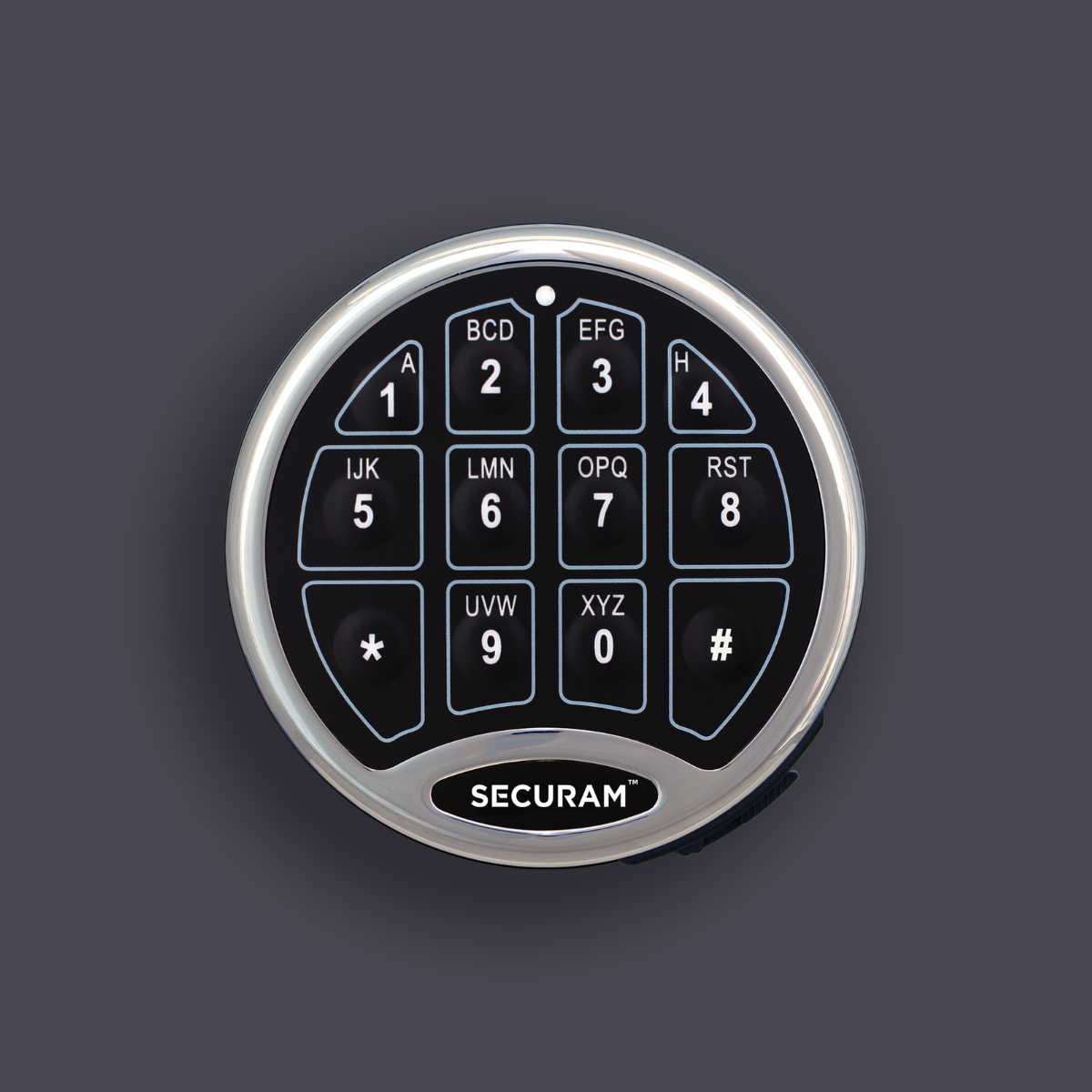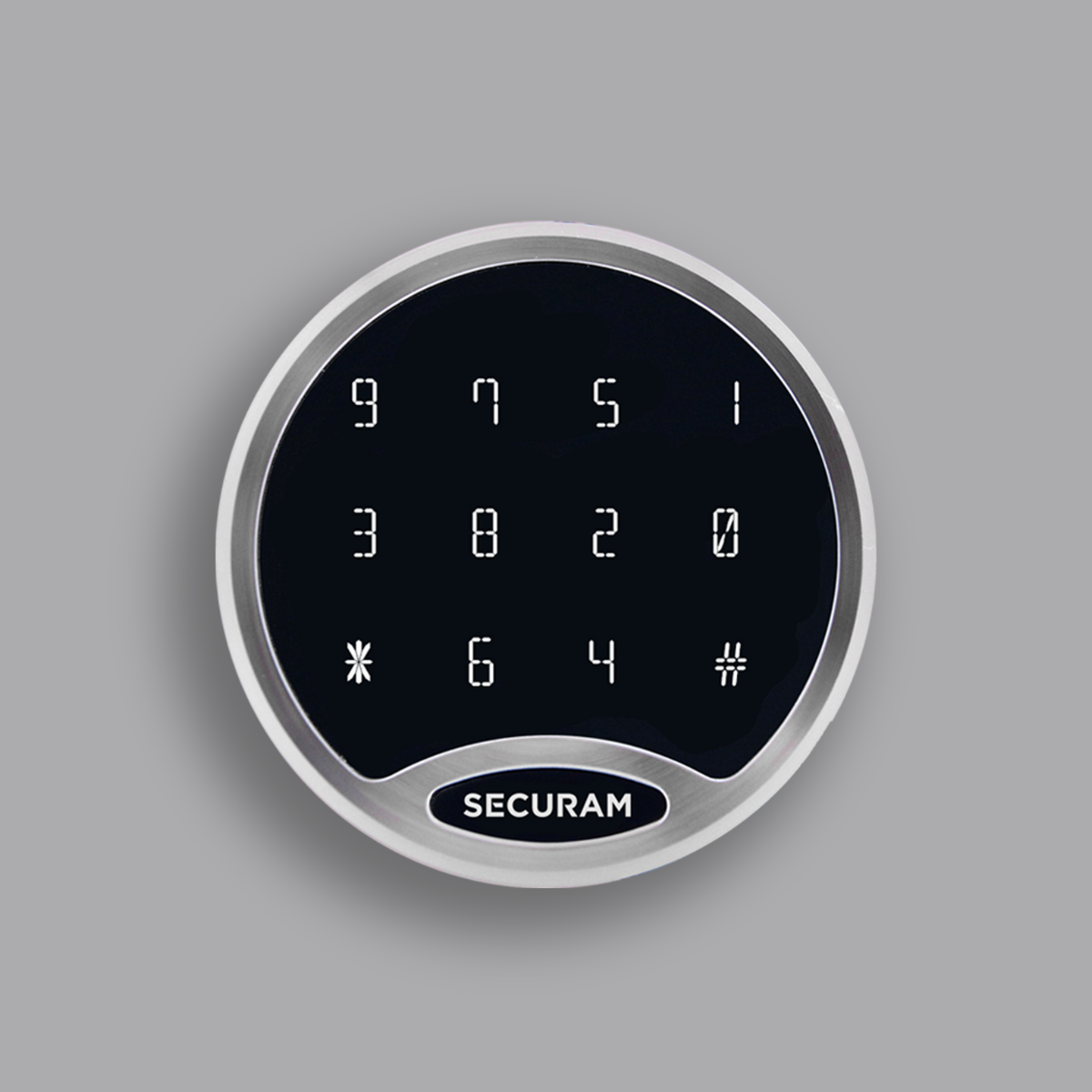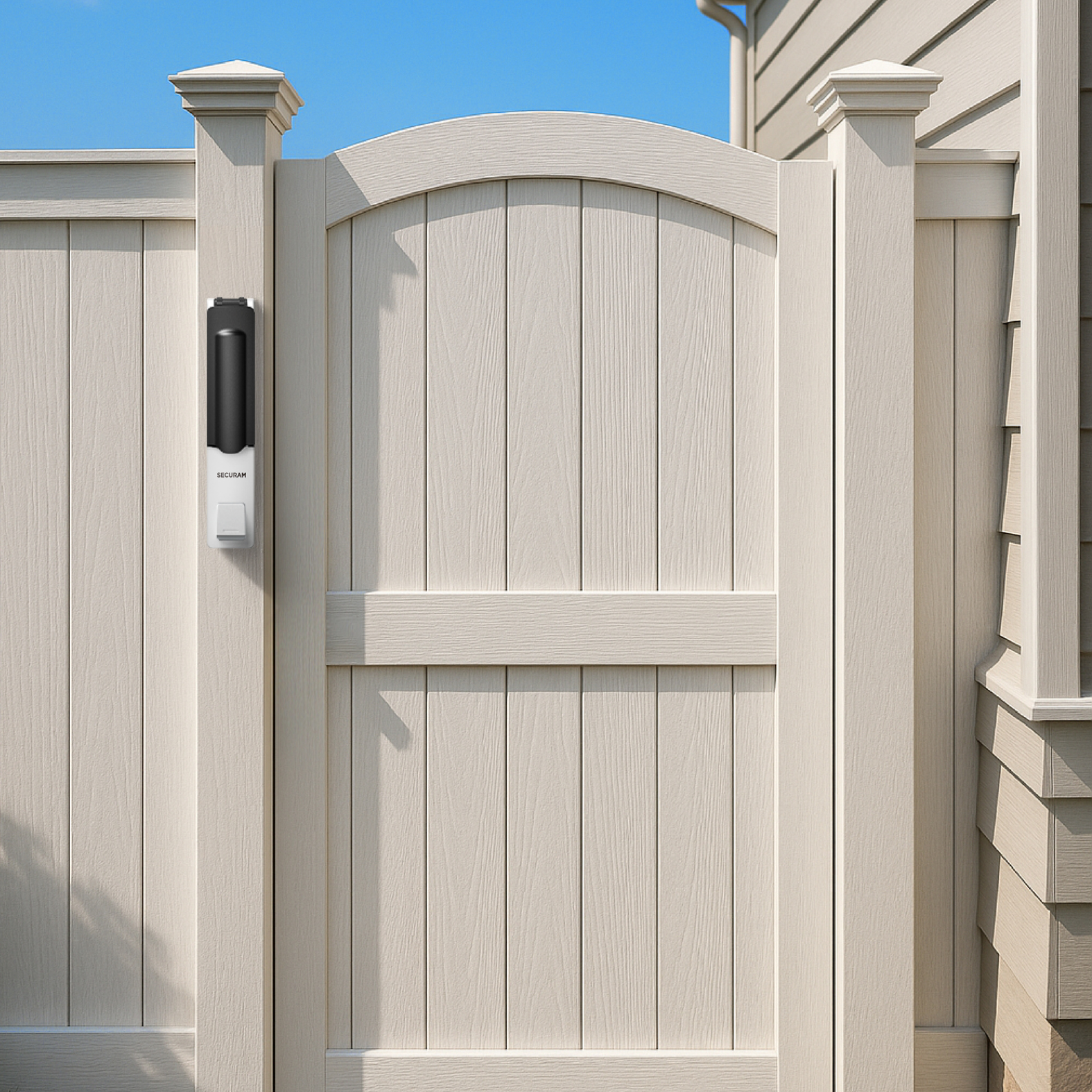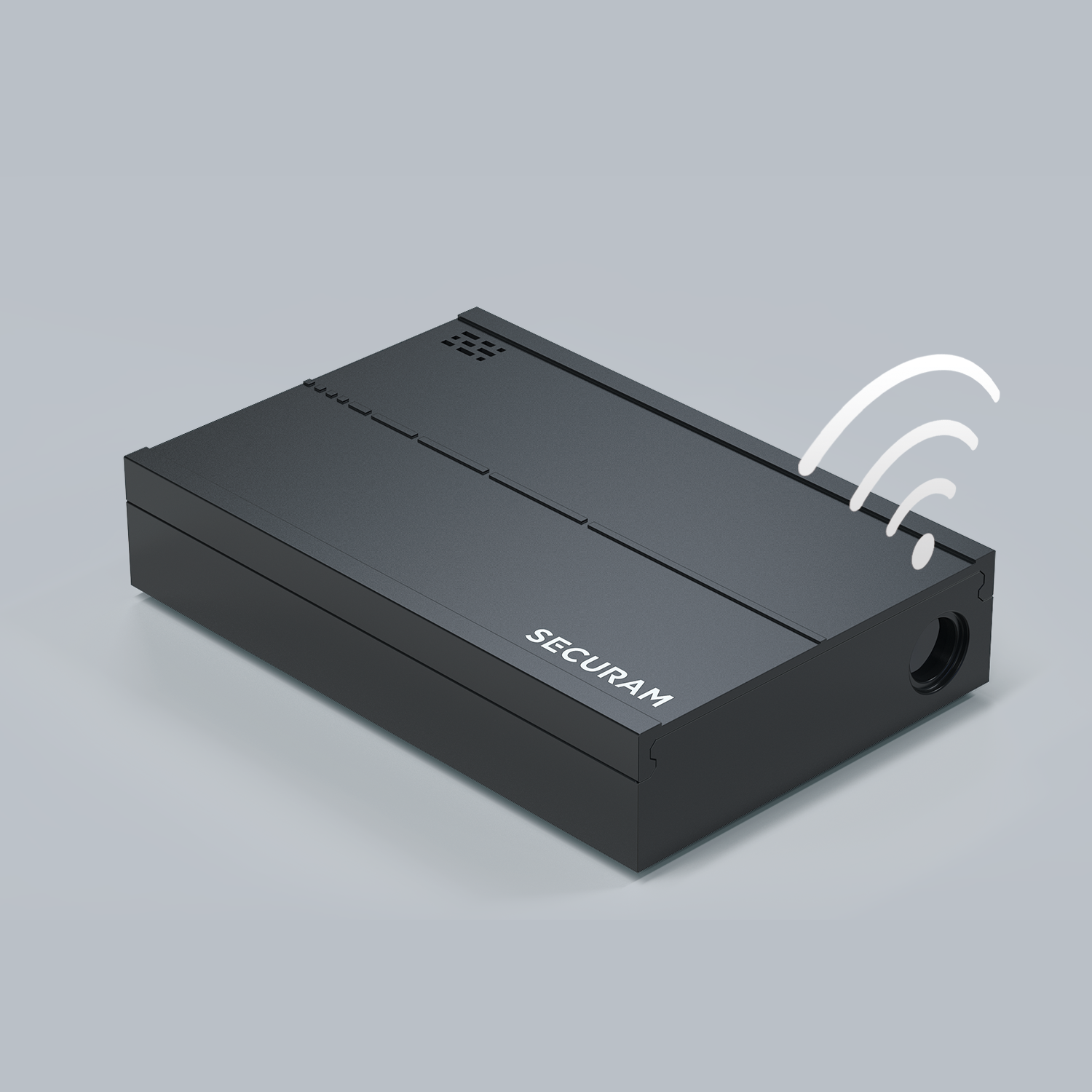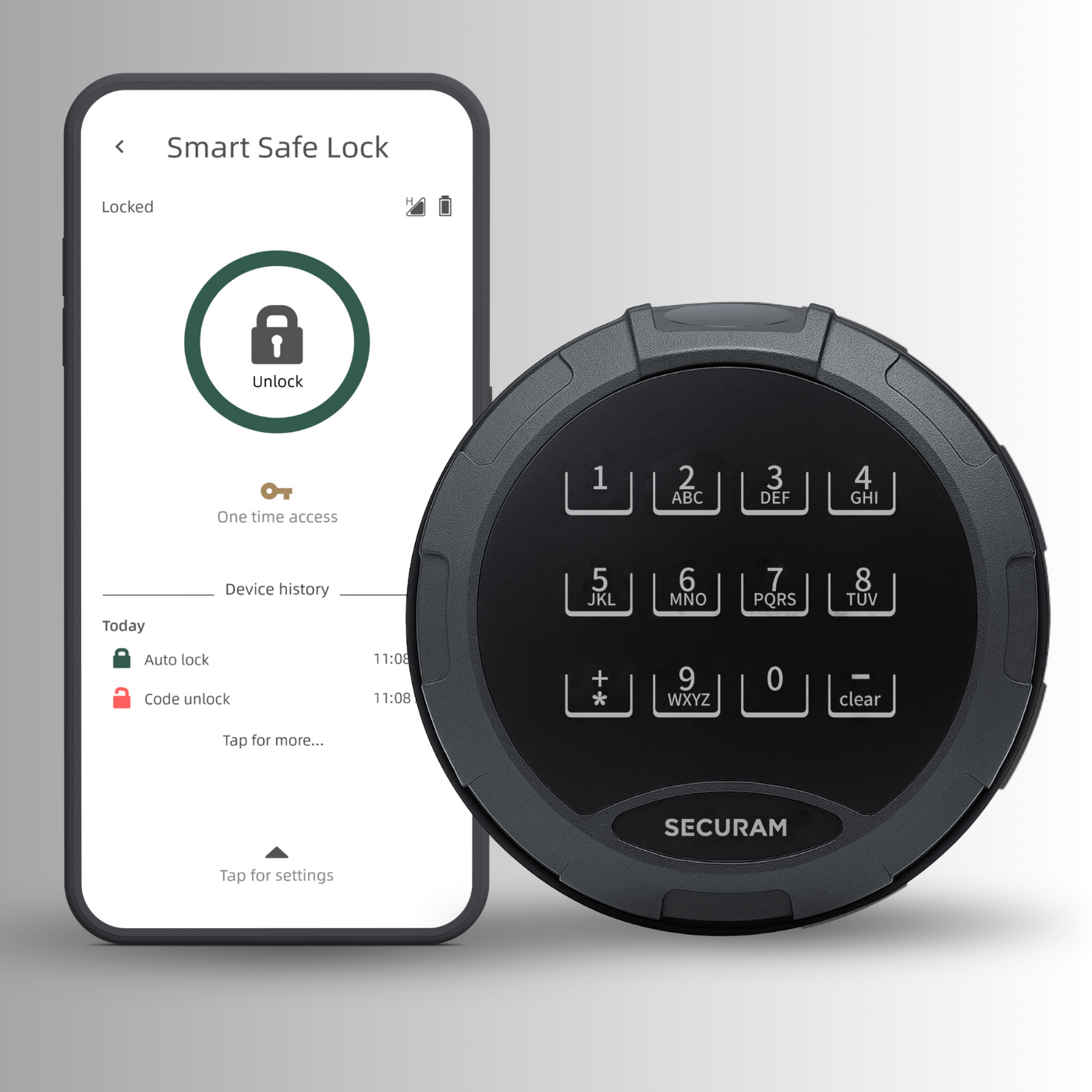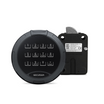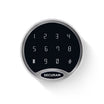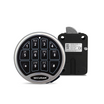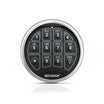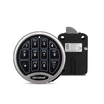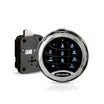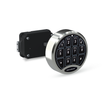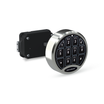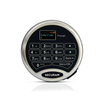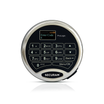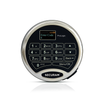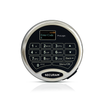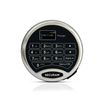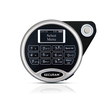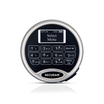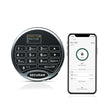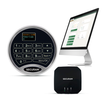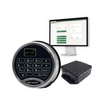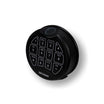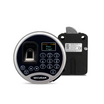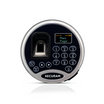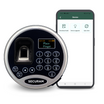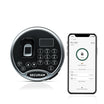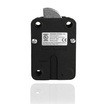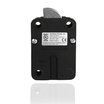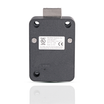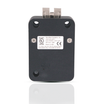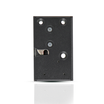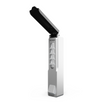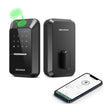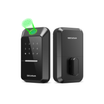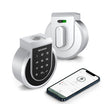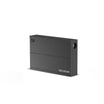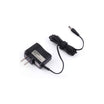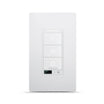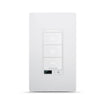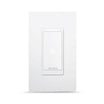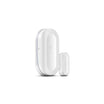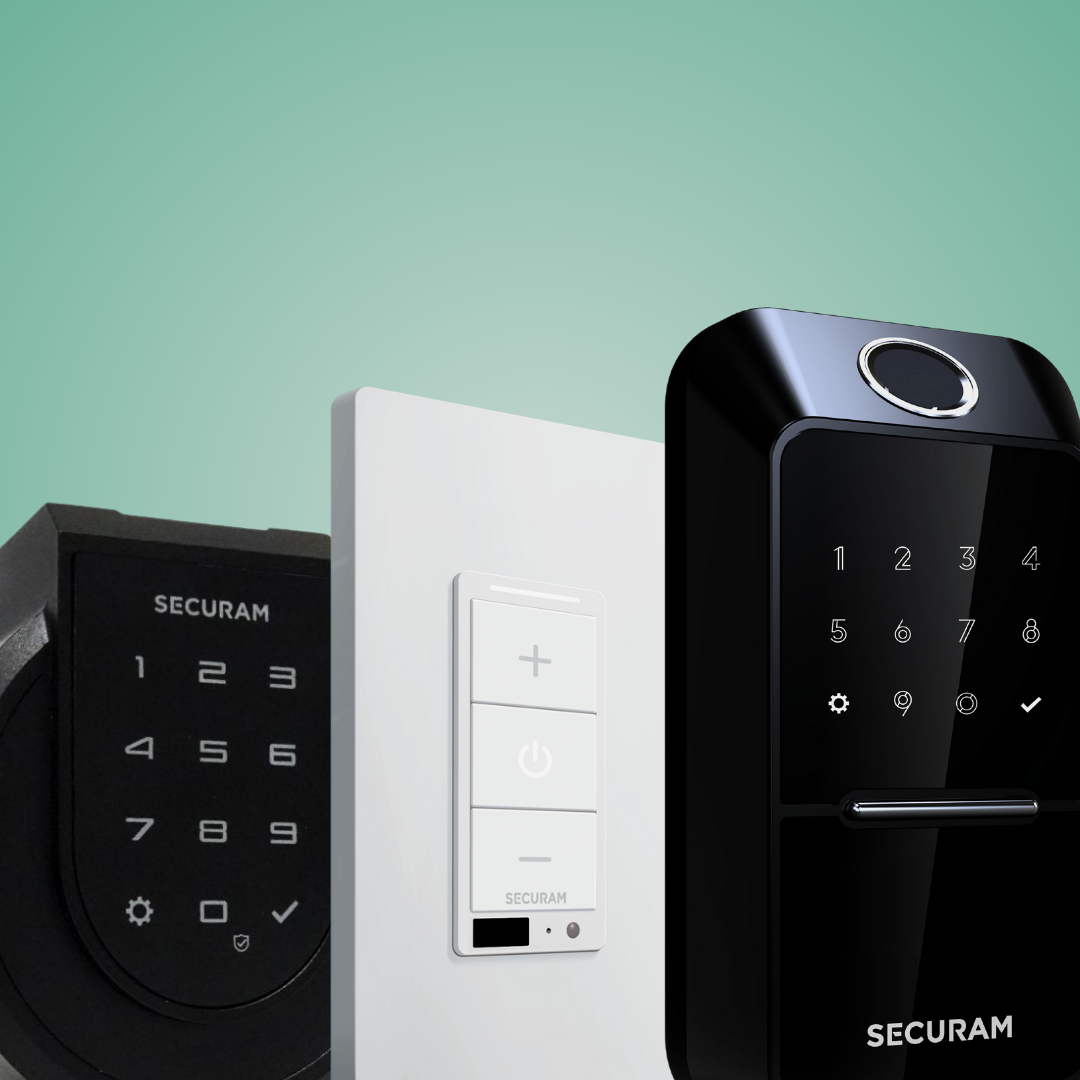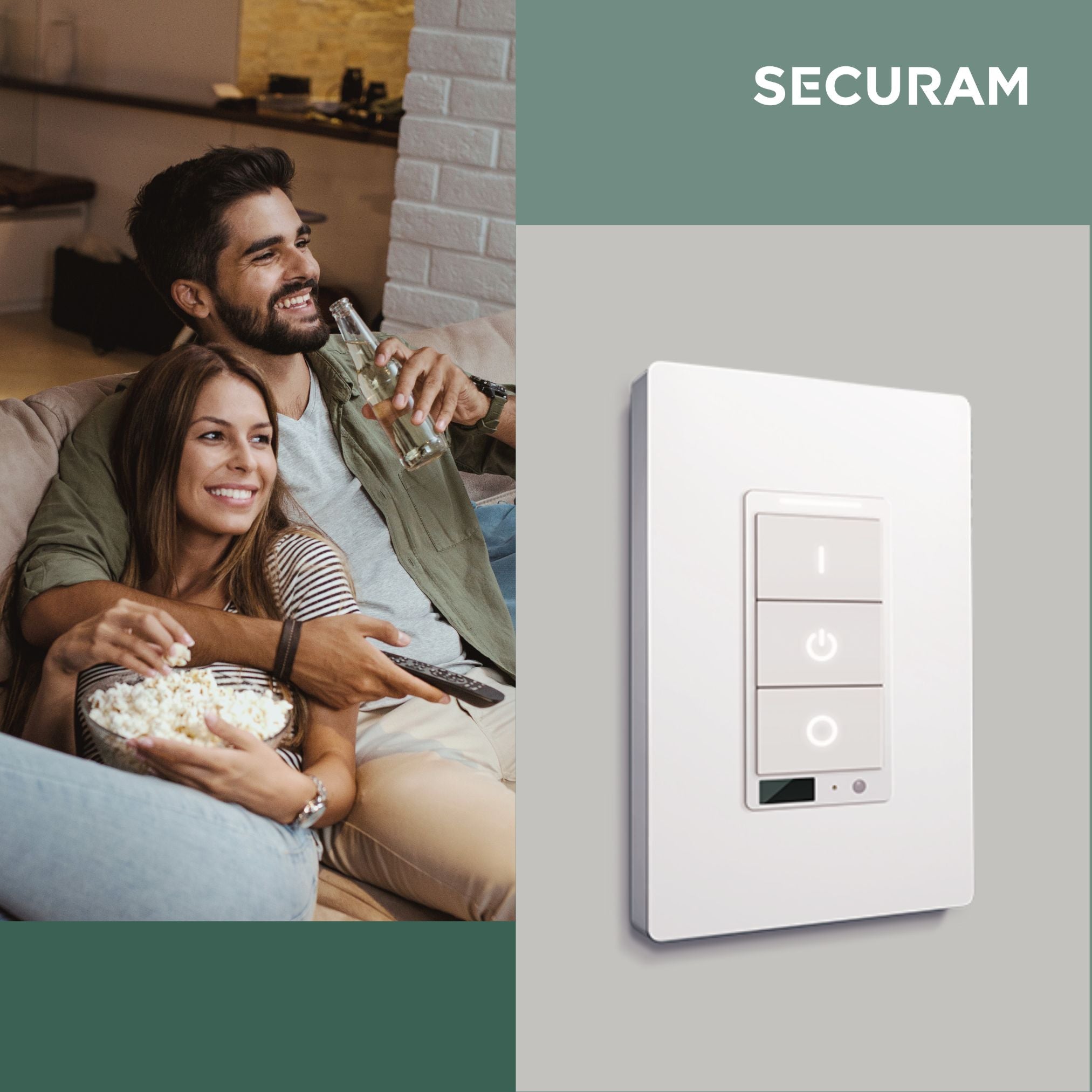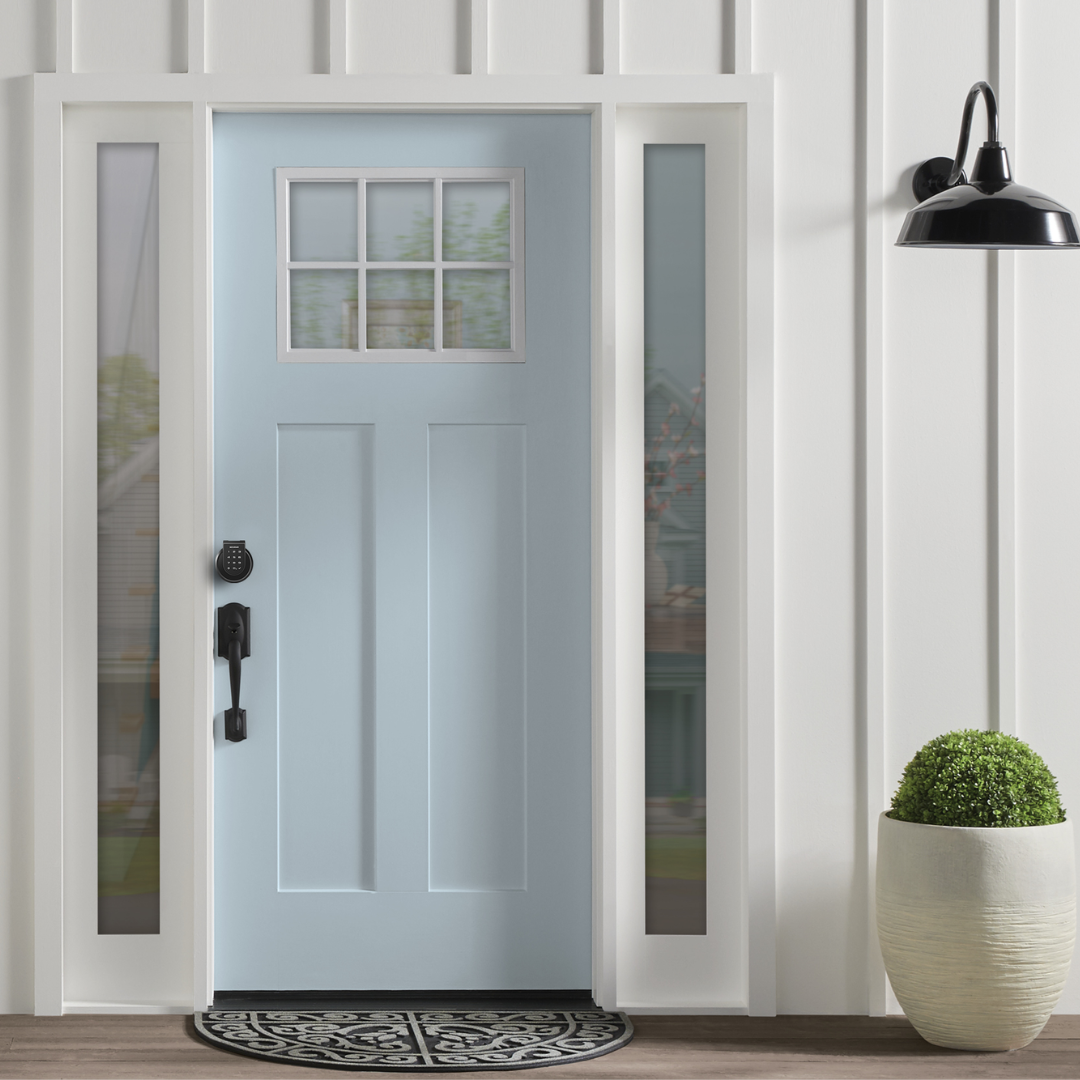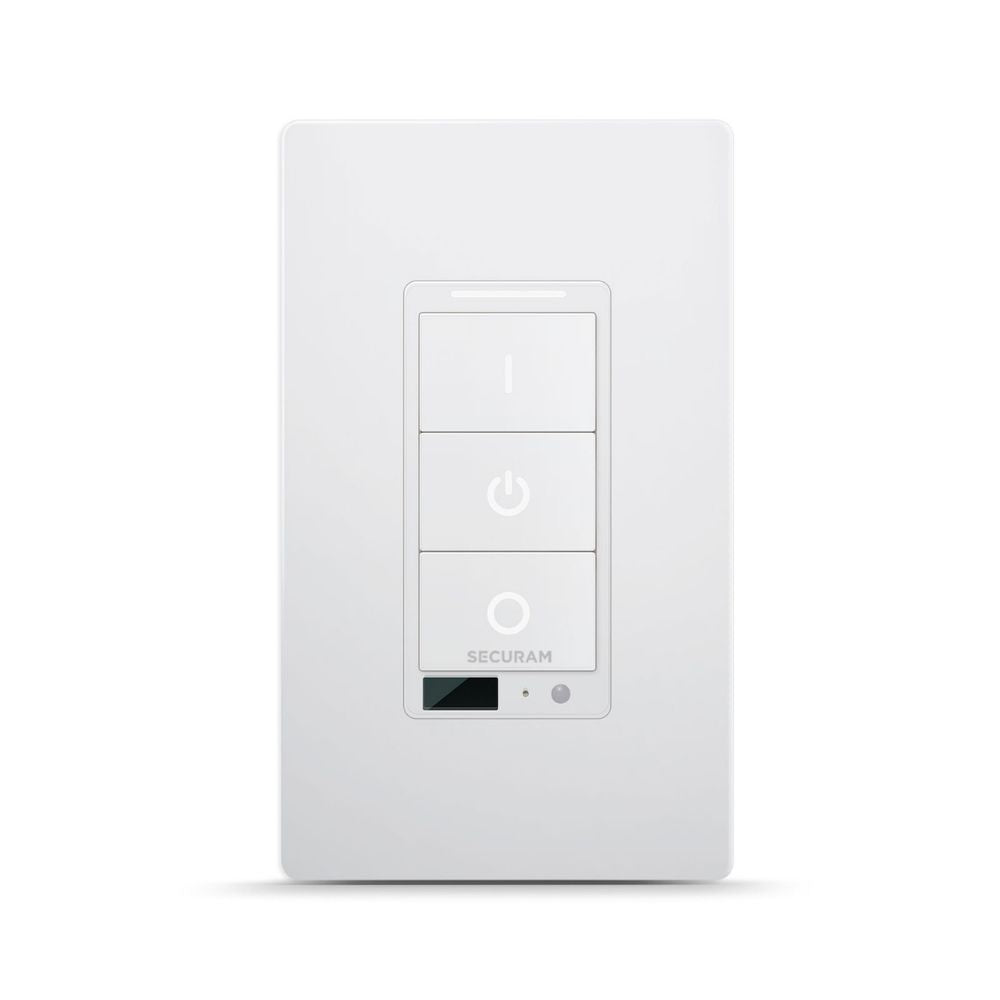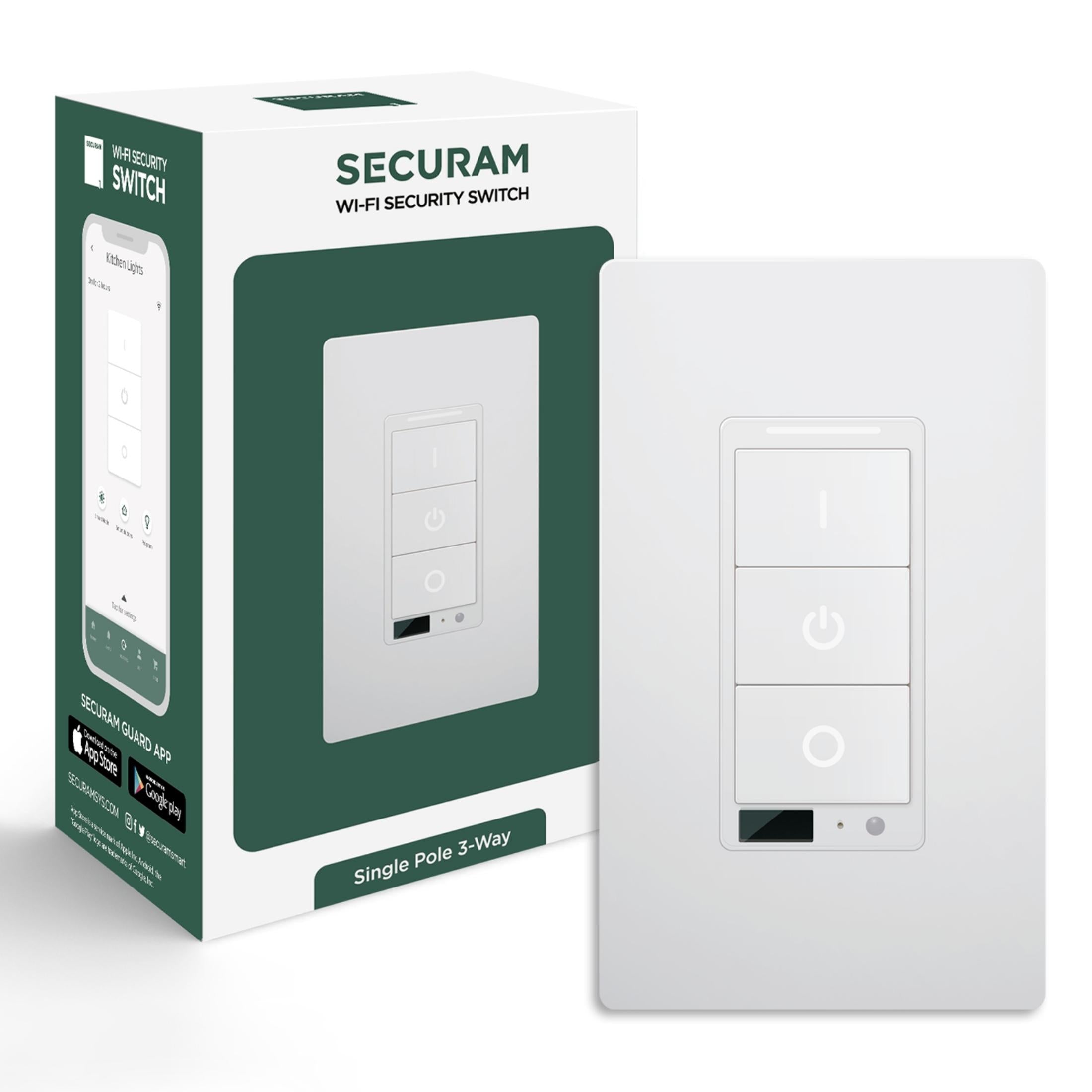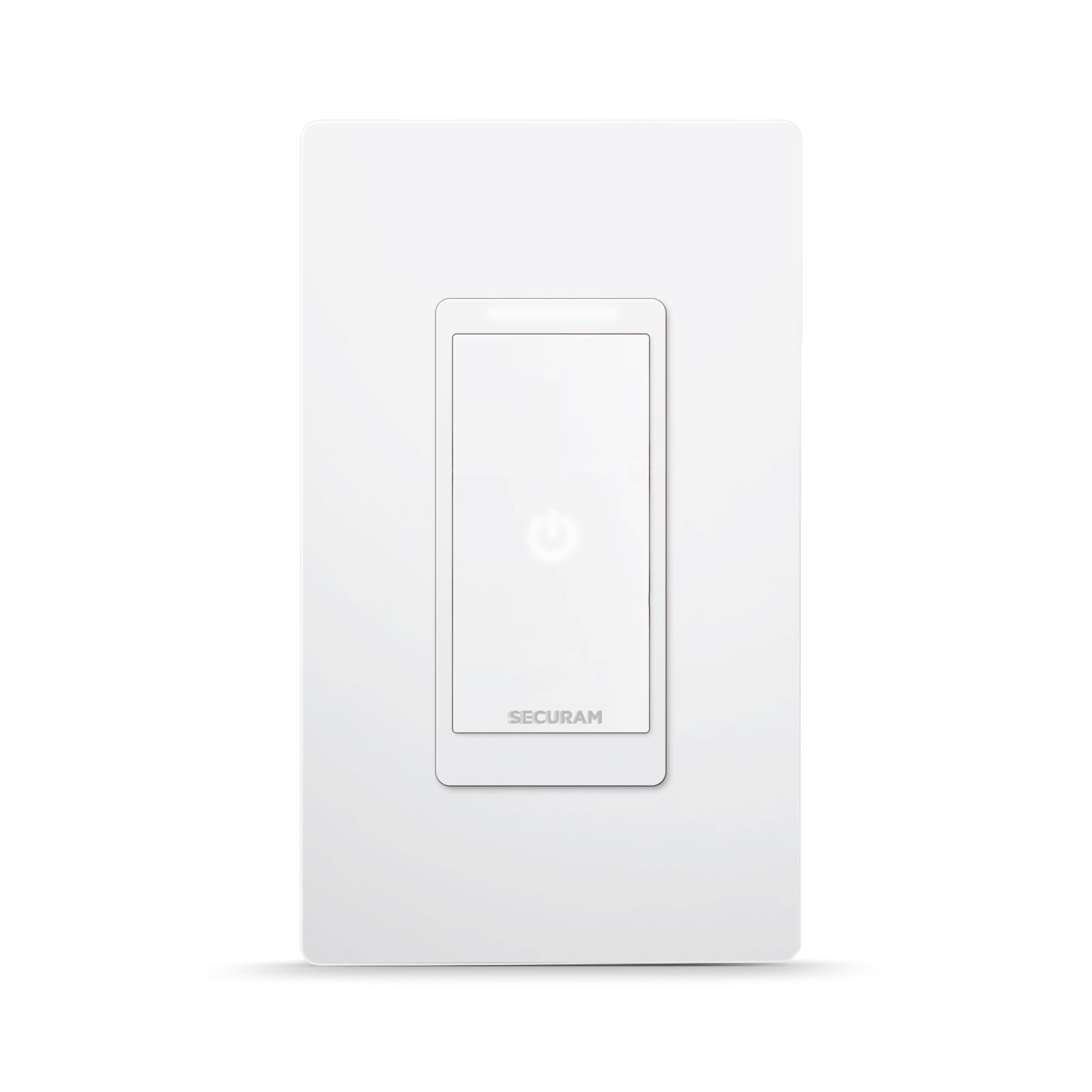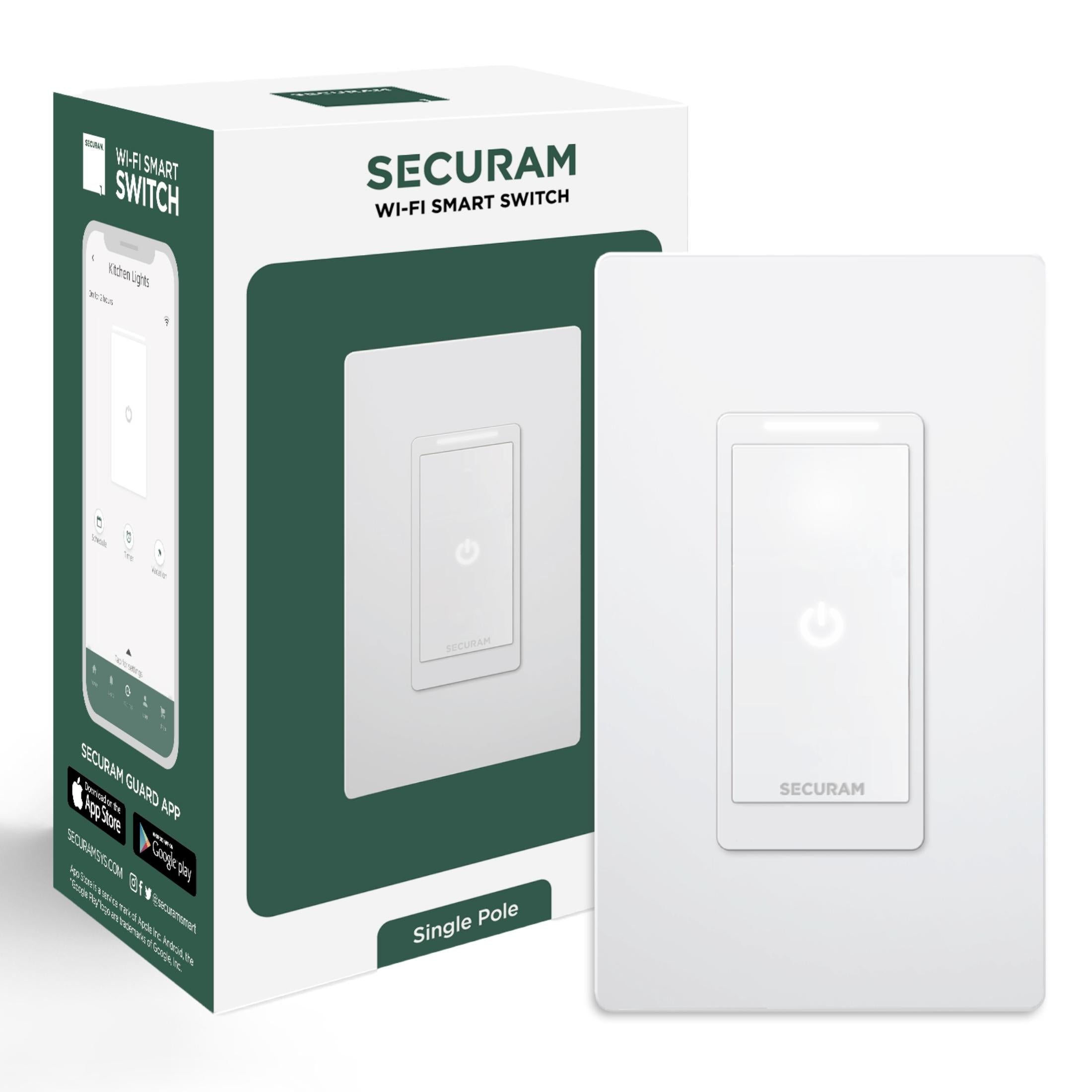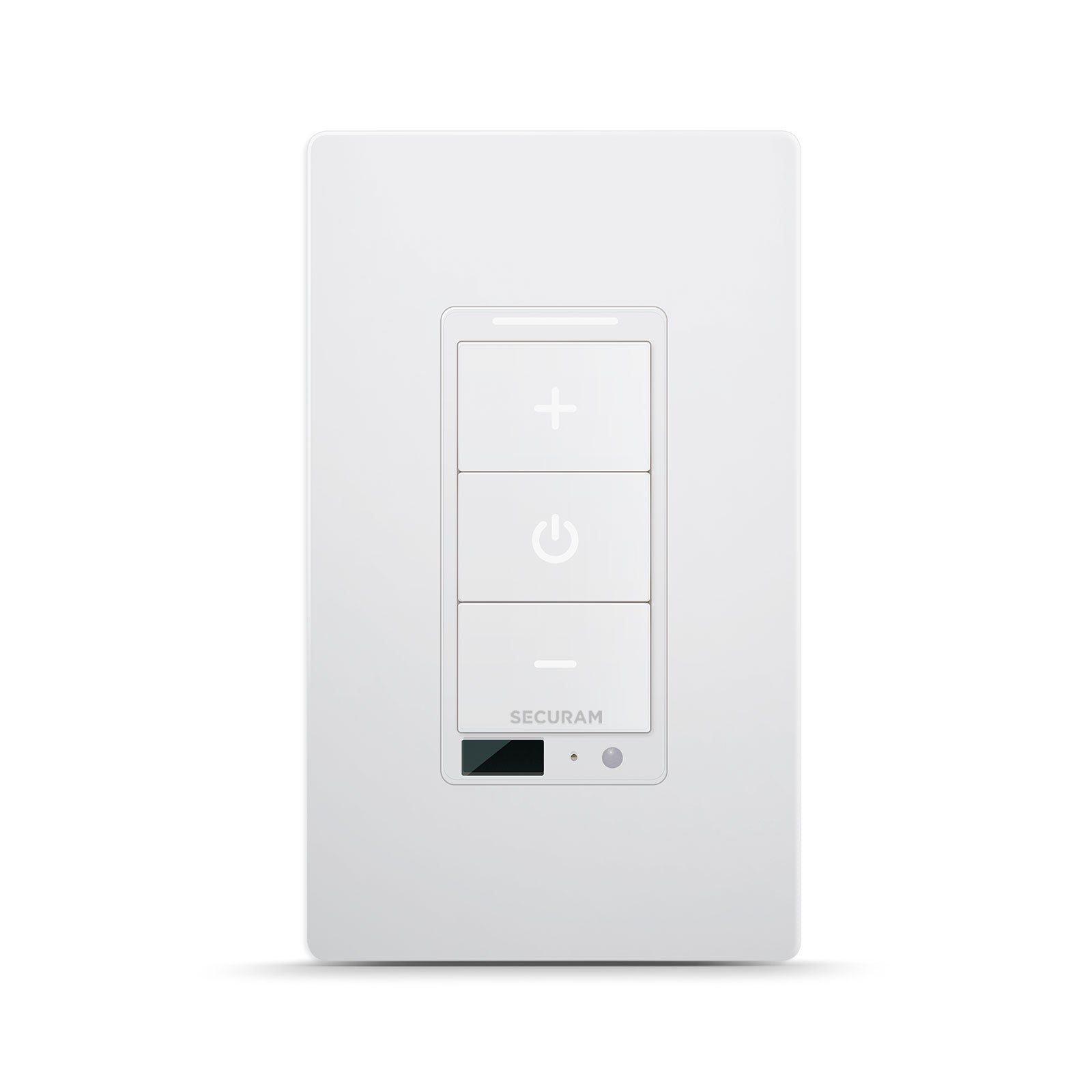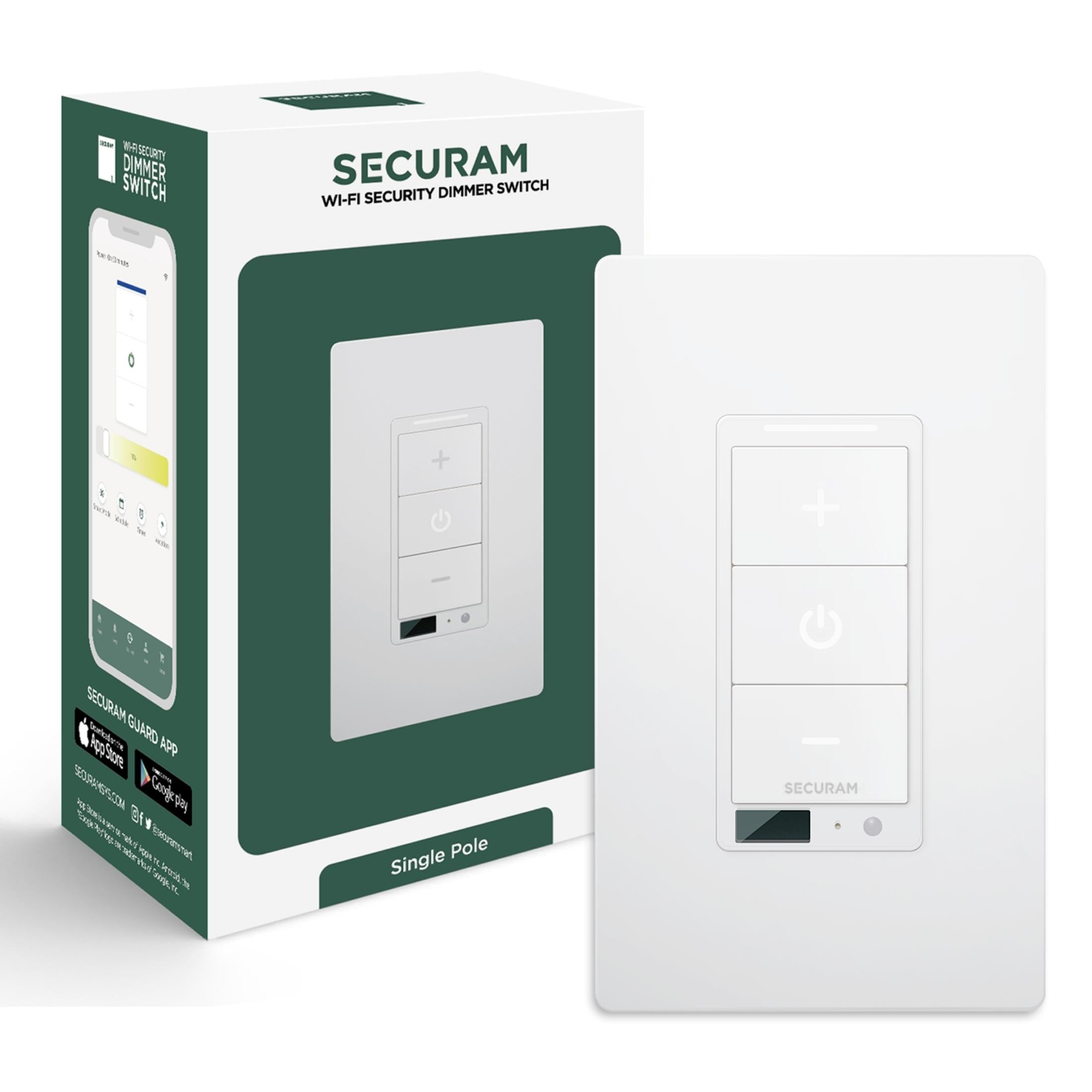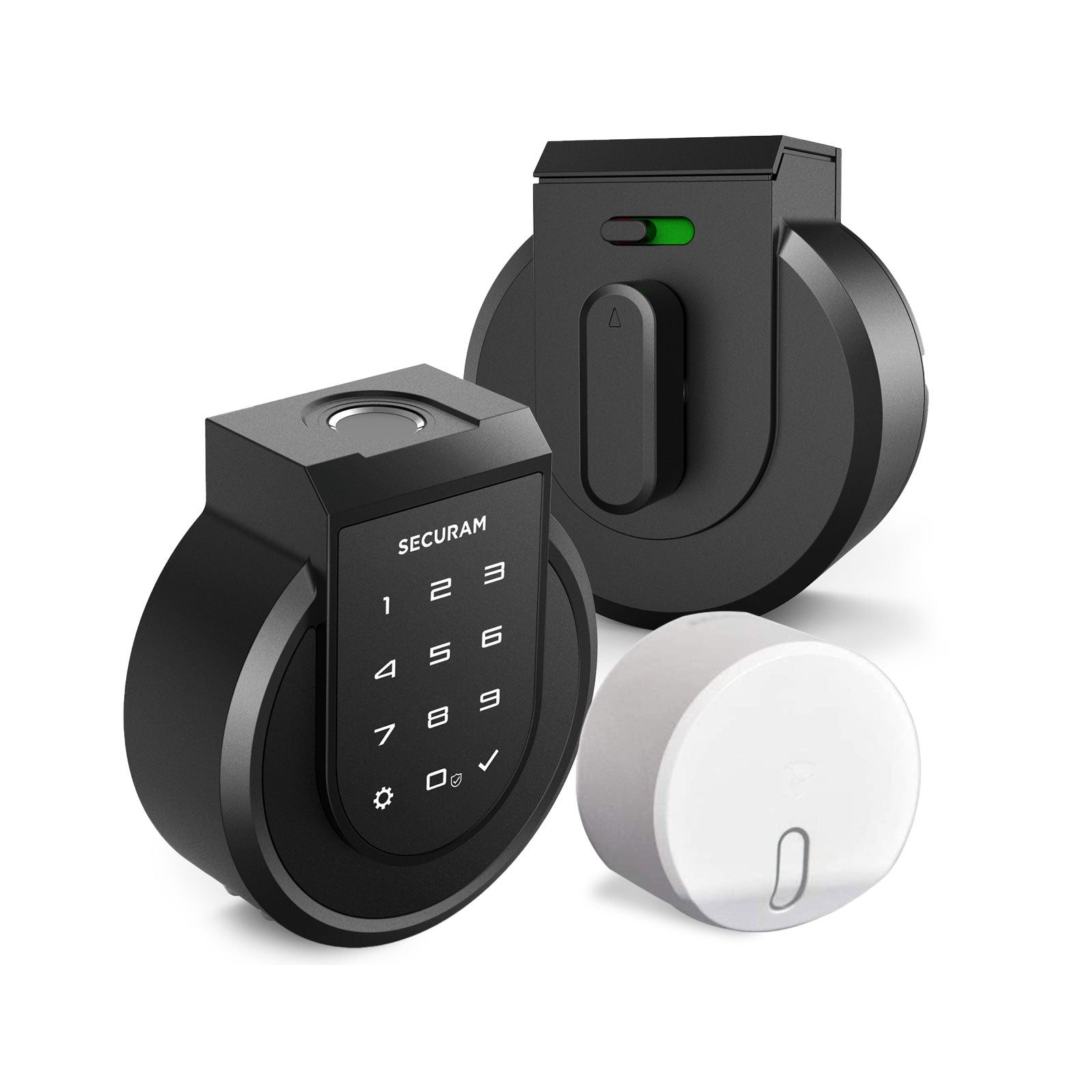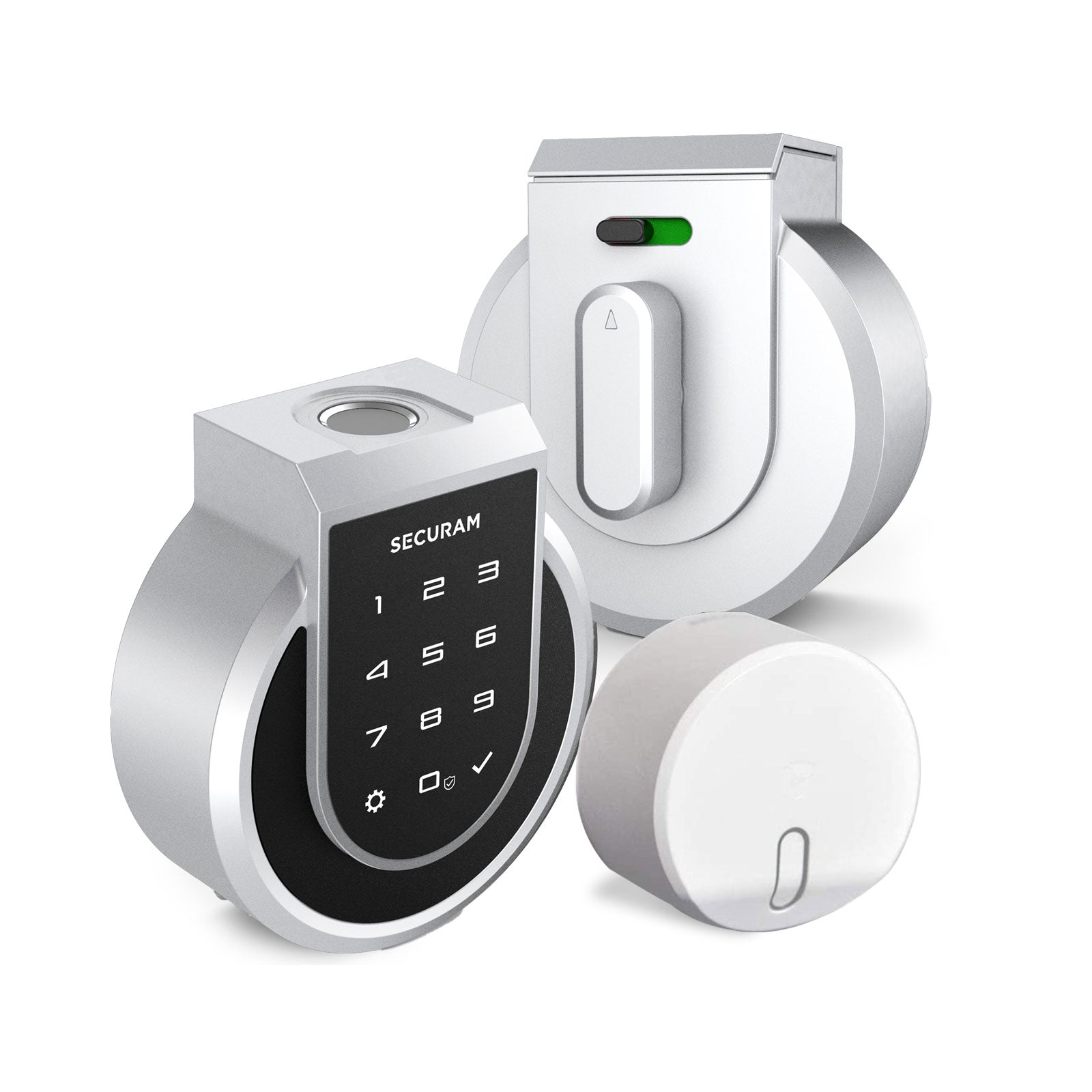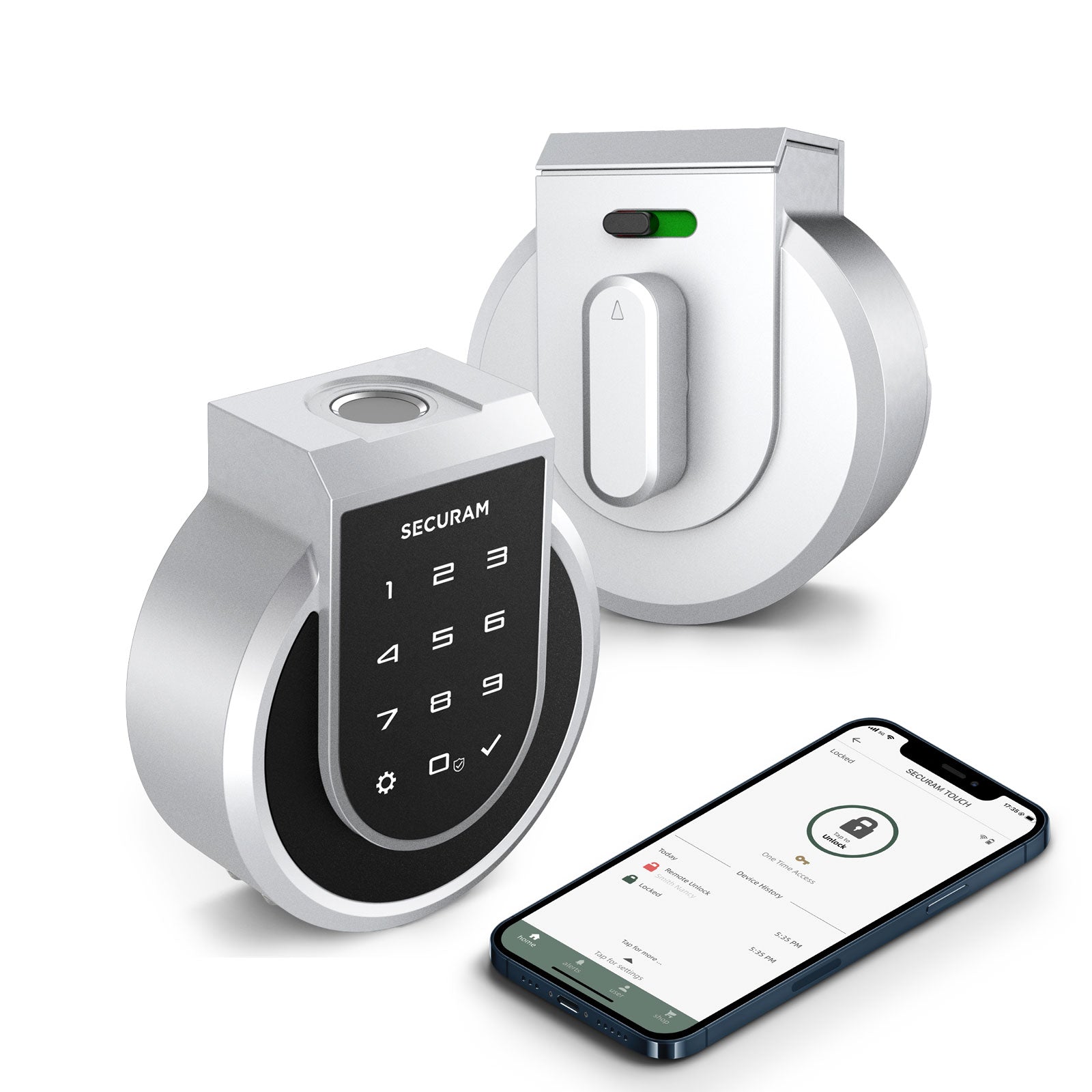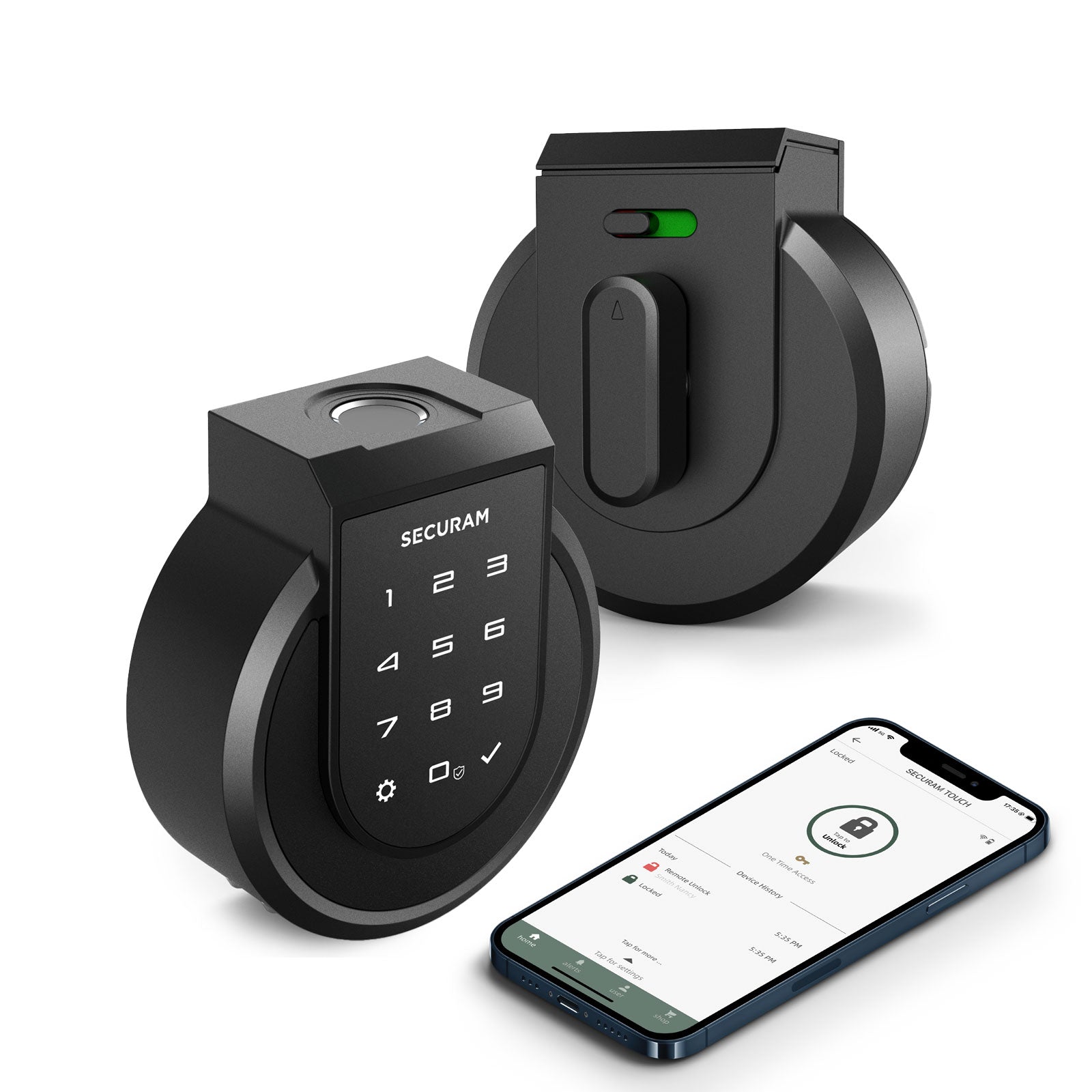Discover the latest trends and technologies in smart home automation with SECURAM.
Understanding Smart Home Technology
Smart home technology refers to the use of automation and internet-connected devices to control various aspects of a home, such as lighting, security systems, appliances, and more. With smart home technology, homeowners can easily monitor and control their homes remotely using their smartphones or other devices. This technology allows for increased convenience, energy efficiency, and security.
These sensors act as the eyes and ears of the smart home, constantly monitoring the surroundings and providing valuable data to the central control system. For example, motion sensors can detect movement in different areas of the home, triggering actions such as turning on lights or sending alerts to the homeowner's smartphone. Temperature sensors ensure that the home remains comfortable by adjusting the heating or cooling systems as needed. Light sensors can automatically adjust the brightness of lights based on natural light levels, enhancing energy efficiency and creating the perfect ambiance. By utilizing this diverse range of sensors, smart home technology can create a seamless and intuitive living experience for homeowners.
Smart home technology also includes the use of voice assistants, such as Amazon Alexa or Google Assistant, which allow users to control their smart devices through voice commands. These voice assistants can perform a wide range of tasks, such as activating a light, providing responses, managing tasks, and overseeing smart home devices.
Overall, understanding smart home technology is essential for homeowners who want to make their homes more convenient, efficient, and secure.

Benefits of a Smart Home
There are several benefits of having a smart home:
- Convenience: With a smart home, you can control various aspects of your home remotely, making it more convenient to manage your daily tasks. For example, you can turn on the lights, monitor motion in your home, or lock the doors using your smartphone.
- Energy Efficiency: Smart home technology allows you to optimize energy usage in your home. You can automate the lighting and heating systems based on occupancy or time of day, resulting in energy savings. Additionally, smart appliances can provide real-time energy consumption data, helping you make informed decisions about energy usage.
- Security: Smart home security systems offer advanced features, such as motion sensors, and door/window sensors. These systems can send real-time notifications to your smartphone in case of any suspicious activity. You can also remotely monitor your home and receive alerts when someone enters or exits your property.
- Comfort: Smart thermostats can learn your temperature preferences and adjust accordingly, providing personalized comfort. You can also automate the blinds or curtains to open and close based on the time of day or sunlight intensity.
By embracing a smart home, you can enjoy these benefits and transform your living space into a more efficient, secure, and comfortable environment.
Exploring the Potential of Smart Home Integration
Smart home integration involves the seamless connection and control of different smart devices and systems within a home. With smart home integration, you can create a unified ecosystem where all devices work together to enhance your lifestyle.
One of the potential applications of smart home integration is the creation of personalized scenes or routines. For example, you can create a 'Good Morning' scene that automatically turns on the lights, opens the blinds, and plays your favorite music when you wake up. Similarly, you can create a 'Good Night' scene that turns off all the lights, locks the doors, and can adjust the your thermostat before you go to bed.
Another potential of smart home integration is the ability to control multiple devices with a single command. For instance, you can say 'Goodbye' to your voice assistant, and it will automatically turn off the lights, lock the doors, and arm the security system.
Furthermore, smart home integration enables the sharing of data between devices. For example, your security system can communicate with your smart doorbell, and when someone rings the doorbell, the security cameras can automatically start recording. This integration enhances the overall security of your home.
Overall, exploring the potential of smart home integration opens up a world of possibilities to simplify and enhance your everyday life.

Smart Home Integration with SECURAM
SECURAM is a leading provider of smart home security solutions that seamlessly integrate with your existing smart home devices. With SECURAM, you can enhance the security of your home and have peace of mind.
SECURAM offers a wide range of products, including smart door locks, smart security light switches, and door/window sensors. These devices can be easily integrated into your smart home ecosystem, allowing you to control and monitor them through a single app.
One of the key features of SECURAM products is their advanced security capabilities. For example, their smart door locks use biometric authentication protocols to ensure that only authorized individuals can enter your home. The smart security switches provide real-time motion alerts to your smartphone in case of any suspicious activity.
In addition to security, SECURAM products also offer convenience features. For example, their smart door locks can be unlocked using a smartphone or a PIN code, eliminating the need for physical keys. The security cameras can be accessed remotely, allowing you to monitor your home from anywhere.
By integrating SECURAM products into your smart home, you can take your home security to the next level and enjoy a seamless and convenient experience.

Future of Smart Homes with SECURAM
The future of smart homes with SECURAM looks promising with the continuous advancements in technology. Here are some potential developments we can expect:
- Enhanced AI capabilities: Artificial intelligence will play a crucial role in the future of smart homes. AI-powered devices will be able to learn from user behavior and automate routine tasks more intelligently. For example, a smart home system can learn your daily schedule and automatically adjust the lighting and heating systems accordingly.
- Increased interoperability: As the number of smart devices and systems continues to grow, it is essential to have seamless interoperability between different brands and platforms. SECURAM is committed to ensuring compatibility with a wide range of devices, allowing homeowners to build a customized smart home ecosystem.
- Improved energy management: Smart homes of the future will have more advanced energy management systems. These systems will be able to analyze energy consumption patterns and make recommendations for optimizing energy usage. SECURAM is actively working on innovative solutions to help homeowners reduce their energy footprint.
- Enhanced security features: Security will always be a top priority for smart homes. In the future, we can expect even more advanced security features, such as facial recognition technology, voice recognition, and biometric authentication. SECURAM is dedicated to staying at the forefront of security technology to provide homeowners with the highest level of protection.
With SECURAM's commitment to innovation and customer satisfaction, the future of smart homes looks exciting and promising.

